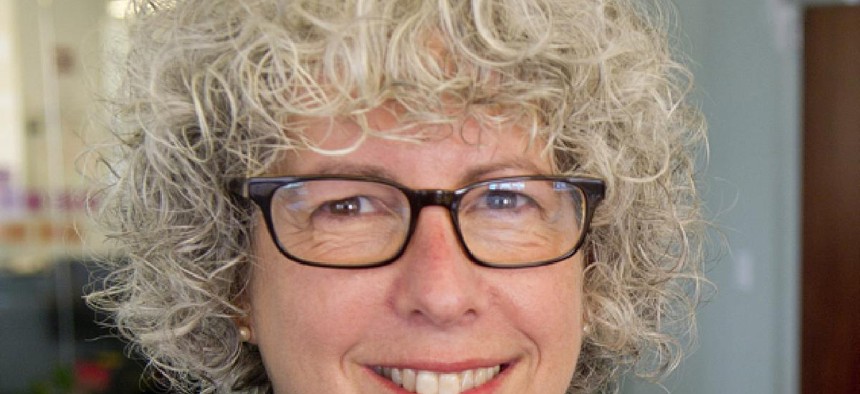Governor’s Budget Proposal Puts 6,000 Seniors at Risk

If nothing changes in Governor Cuomo’s budget proposal, 65 senior centers in New York City will close this year due to a funding shuffle that pulls $17 million from these vital programs. This cut will cause 6,000 older adults to lose out on meals, social services, and the opportunity to be with their friends and neighbors every day – as 30 percent of the overall Neighborhood senior center network would disappear. Annually, seniors across New York City will lose 1.5 million meals and 24,000 hours of help and care from dedicated social workers and staff – most of whom will also find themselves out of a job. The impact will be far-reaching as senior centers are often the first place older adults go when they need help.
Historically, New York City annually received $17 million in discretionary federal funding which was directed to support neighborhood senior centers. With the governor’s proposed change, the city will no longer have authority to decide how that money can best support our communities. Instead the governor will require that the city use the money for child care services. Seniors will bear the brunt of this change.
Community-based senior centers located in neighborhoods across our city are incredibly effective at helping older adults live healthy and vibrant lives. Those who attend and rely on senior centers are often those with the lowest incomes, the poorest health, the highest social isolation, and are most in need of food, resources, and assistance. According to the New York City Department for the Aging (DFTA), neighborhood senior centers serve 26,000 people each day. They are hubs for the older adults in their communities. They coordinate health and mental health services, provide healthy meals, and become cooling centers in the summer. Centers offer social activities, exercise and educational classes, and housing and eviction prevention assistance, all aimed at keeping older adults healthy and in their own homes, rather than in hospitals, nursing homes, or homeless shelters. A recent study by DFTA and Fordham University found that senior center participants reported they had better physical and mental health, were exercising more, and were less lonely over a 12-month period. The value of these centers far exceeds the $17 million they stand to lose.
This budget proposal forces the most vulnerable New Yorkers to compete against each other for resources. Thankfully, advocates for both older adults and child care services oppose this change and are fighting the cut rather than each other. As Governor Cuomo said so poignantly in his State of the State address in New York City, “when we are at our best … we focus on commonality.” New Yorkers are united in working together to support our neighbors of all ages, and the governor and our state legislature must find room in the budget to help all New Yorkers in need.
Susan Stamler is the executive director of United Neighborhood Houses. UNH, founded in 1919, is the membership organization of 37 New York City settlement houses and community centers. UNH member agencies comprise of one of the largest human service systems in New York City and provide high quality services at more than 600 sites to more than a half million New Yorkers each year.
